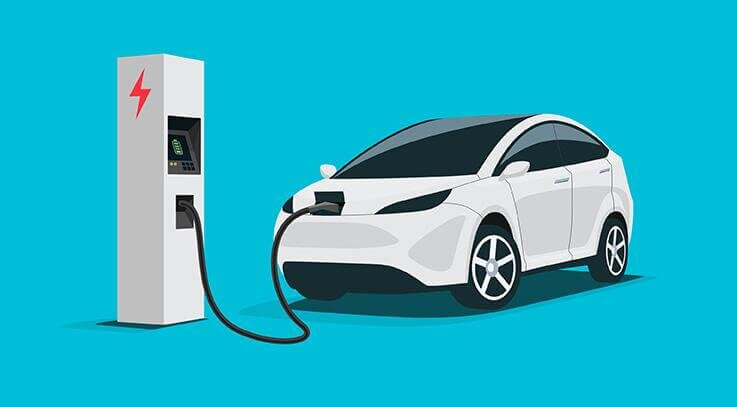Level 1 EV Chargers
Electric vehicles (EVs) are changing the way we view transportation. Understanding the various types of EV chargers is becoming increasingly crucial as more people turn to EVs as a sustainable and efficient alternative to traditional gasoline-powered cars.
Let’s focus on the Level 1 EV chargers, the most basic type of charger that every EV owner should be familiar with. We shall investigate its operation, benefits, and drawbacks, as well as compare it to other types of chargers.
Table of contents
- What is an Electric Vehicle (EV) Charger?
- Level 1 EV Chargers
- Advantages of Level 1 EV Chargers
- Disadvantages of Level 1 EV Chargers
- Comparing Level 1 EV Chargers with Level 2 and DC Fast Chargers
- How to Install a Level 1 EV Charger at Home
- Final Thought
- Youtube Video About Level 1 EV Chargers
- You May Also Like
- FAQ
What is an Electric Vehicle (EV) Charger?
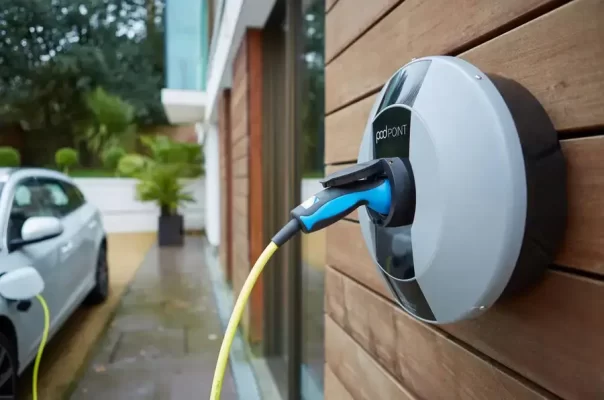
An EV charger, also known as Electric Vehicle Supply Equipment (EVSE), is a device that provides electricity to electric vehicles for charging.
EV chargers are classified into three types: Level 1, Level 2, and DC Fast Charging. The power output and charging speed of each variety differ.
The specifics of the Level 1 EV chargers, providing a comprehensive understanding of its role in EV charging.
Level 1 EV Chargers
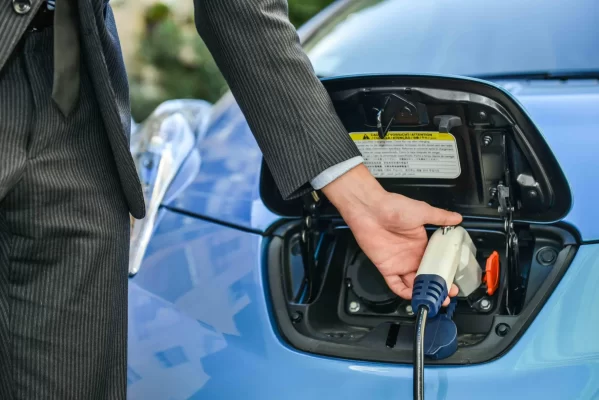
The standard charger that comes with every new electric vehicle is a Level 1 EV charger. It is the most basic type of EV charger and may be plugged into a conventional 120-volt AC outlet, the same type of outlet into which a laptop or light would be plugged.
The Level 1 EV charger works by converting the alternating current (AC) power from your home’s electrical grid into direct current (DC) power that may be stored in your EV’s battery.
This sort of charger typically provides 2 to 5 miles of range per hour of charging, making it appropriate for overnight charging or EVs that are not driven significant distances on a daily basis.
Advantages of Level 1 EV Chargers

The Level 1 EV chargers has several advantages. First, it’s cost-effective. It is the least expensive charging option because it comes standard with the vehicle and does not require any additional equipment or installation.
Second, it is simple to use. Simply plug the charger into a regular electrical socket and your vehicle.
Third, it is completely compatible with all EVs. A Level 1 EV charger can be used with any EV, regardless of brand or model.
Finally, it is great for charging overnight. While it does not charge as quickly as other types of chargers, it can recharge most EVs overnight, making it a viable option for many customers.
Disadvantages of Level 1 EV Chargers
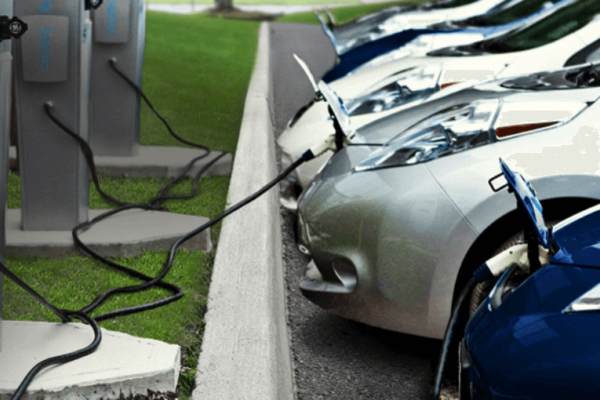
Despite its advantages, the Level 1 EV charger does have some drawbacks. The biggest disadvantage is the slower charging pace. Level 1 chargers take substantially longer to fully charge an EV than Level 2 and DC Fast Chargers.
This slower charging speed may not be a problem for folks who only use their EV for short trips around town, but for those who drive long distances on a daily basis or have EVs with greater battery capacities, a Level 1 charger may not be enough. When selecting a charger, keep your driving patterns and charging requirements in mind.
Comparing Level 1 EV Chargers with Level 2 and DC Fast Chargers
| Charger Type | Charging Speed | Cost | Installation Requirements |
| Level 1 EV Charger | 2-5 miles of range per hour | $0 (comes with vehicle) | None |
| Level 2 EV Charger | 10-60 miles of range per hour | $500-$700 | Professional installation required |
| DC Fast Charger | 60-100 miles of range in 20 minutes | $10,000-$40,000 | Professional installation and dedicated electrical circuit required |
As the table above shows, the Level 1 EV charger is the most accessible and cost-effective option, but it also offers the slowest charging speed. Level 2 and DC Fast Chargers, on the other hand, provide quicker charging speeds but have higher pricing and installation requirements.
How to Install a Level 1 EV Charger at Home
Installing a Level 1 EV charger at home is as simple as plugging in any other household appliance. However, a few steps and safeguards must be taken to ensure a safe and effective charging process. The steps are as follows:
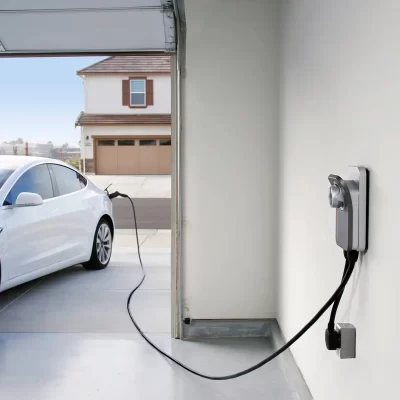
Find a Suitable Outlet
The outlet should be placed in an area where your EV can easily access it. The outlet should also be in good working order and should not be overburdened with other appliances.
Check the Charger
Before plugging in, inspect the Level 1 EV charger for any signs of damage. Examine the wiring for frayed wires, damaged plugs, and other signs of wear and tear.
Do not use the charger if it seems to be damaged. Using a faulty charger is risky and may damage your vehicle’s battery.
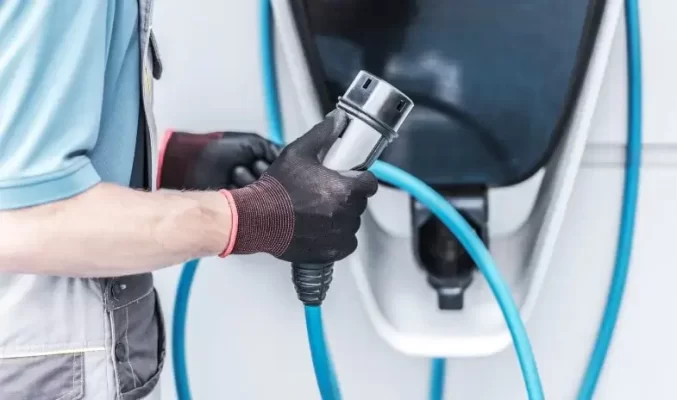
Plug in the Charger
You can plug the charger into the outlet once you’ve found a suitable outlet and checked it. Check that the plug is completely put into the outlet. A faulty connection might result in poor charging and electrical dangers.
Connect the Charger to Your EV
After plugging the charger into an outlet, attach the other end of the charger to your EV’s charging port. Check if the connection is secure. A faulty connection might disrupt the charging process and cause harm over time.
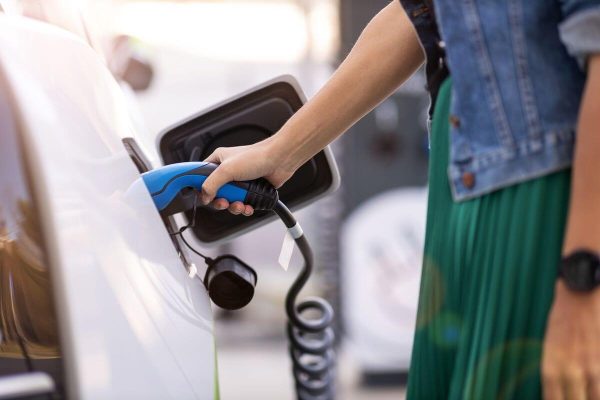
Start Charging
Most EVs begin charging as soon as they are connected to a charger. However, certain EVs may require you to push a’start charging’ button. For precise instructions on initiating the charging process, consult your vehicle’s owner’s manual.
Monitor the Charging Process
While Level 1 EV chargers are designed to be left unattended, it’s a good idea to periodically check on the charging process.
Final Thought
The Level 1 EV charger is an essential tool for every EV owner. While it does not have the highest charging speed, its low cost, ease of use, and universal compatibility make it a viable option for many EV owners.
To make an informed judgement about whether a Level 1 charger fulfils your charging needs, you must first understand its capabilities and limits.
Remember that the best charger for you is determined by your unique circumstances, such as your driving habits, EV model, and access to charging infrastructure.
Youtube Video About Level 1 EV Chargers
You May Also Like
Is an Electric Vehicle Really Worth the Price?
GM’s Electric Vehicles to Gain Access to Tesla’s Charging Network
FAQ
A Level 1 EV charger will typically provide 2 to 5 miles of range per hour of charging. This makes it perfect for overnight charging or EVs that do not travel vast distances on a daily basis.
Yes, the Level 1 EV charger is compatible with all electric vehicles. A Level 1 EV charger can be used with any EV, regardless of brand or model.
No, installing a Level 1 EV charger at home is simple. No additional installation is required because it plugs into a conventional electrical outlet. However, you must check that the outlet you intend to use is in good working order and easily accessible to your vehicle.
This is determined by your driving behaviour and charging requirements. A Level 1 EV charger may be sufficient if you only use your EV for short trips and can charge it overnight. If you drive long distances on a daily basis or have an EV with a large battery capacity, you may want a faster charger.
Yes, if your charging requirements alter, you can update to a quicker charger. Level 2 and DC Fast Chargers, on the other hand, are more expensive and require professional installation. You should also determine whether your home’s electrical system can handle the extra power consumption.




